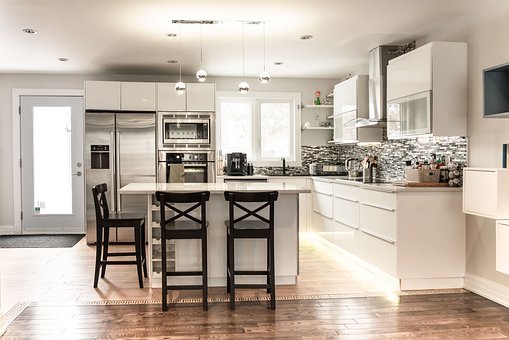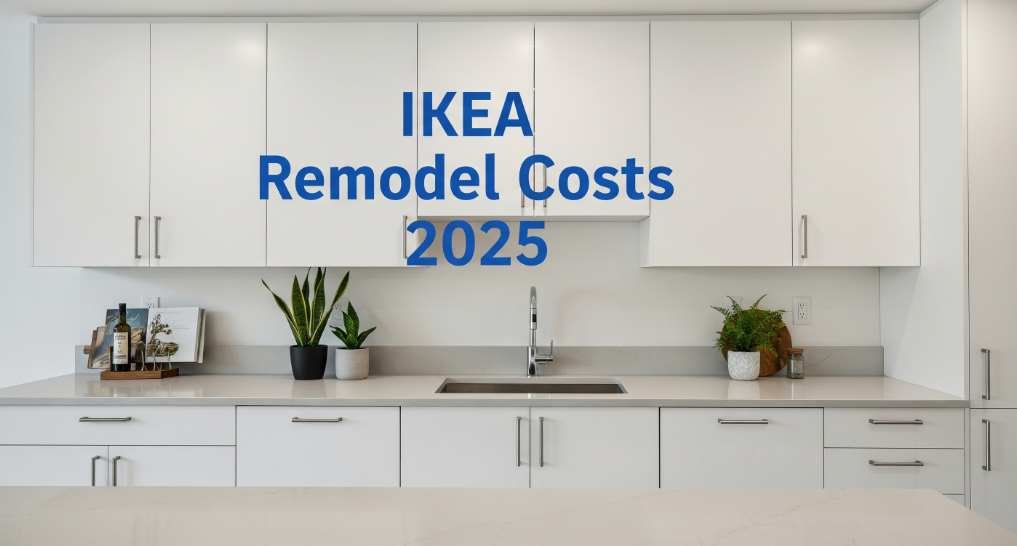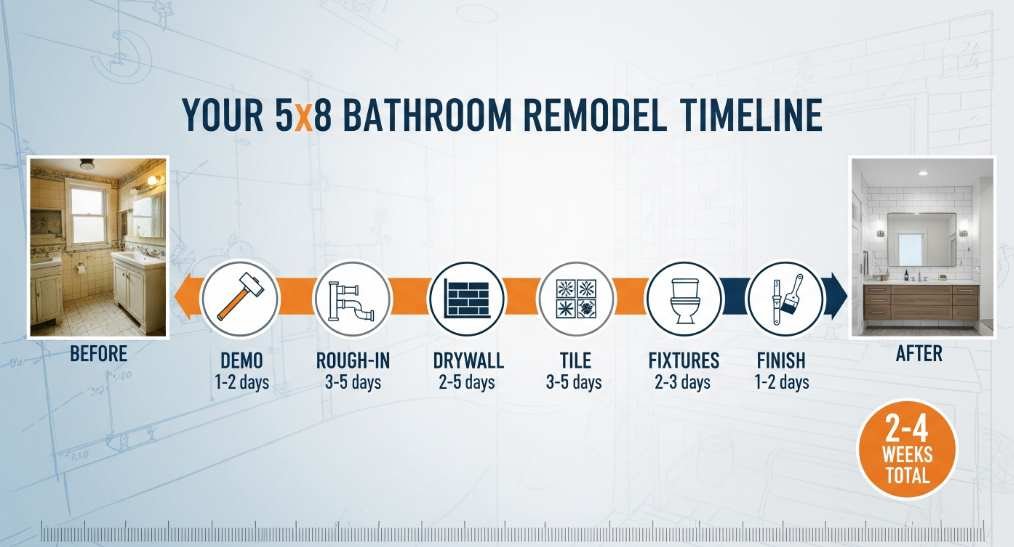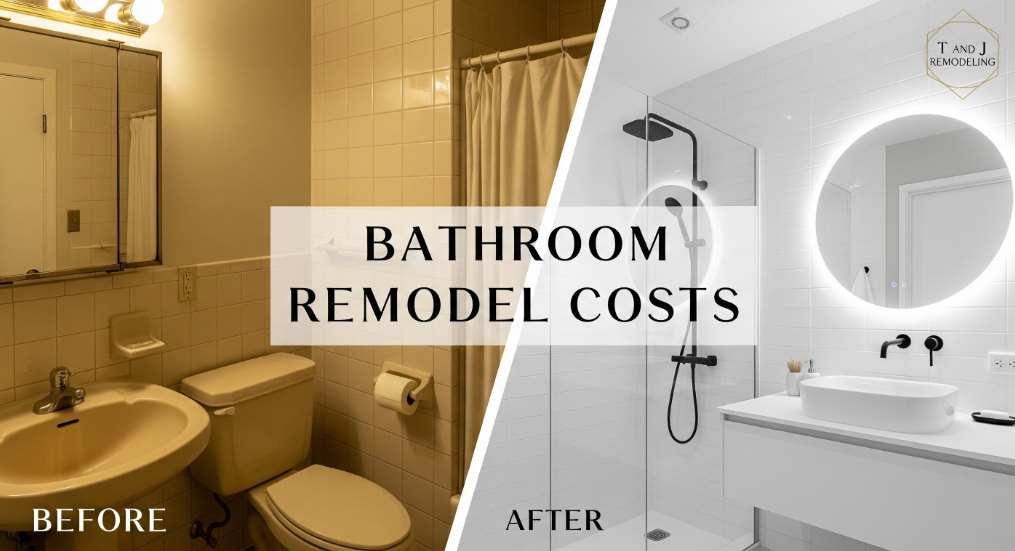Table of Contents
Toggle
Introduction to Kitchen Renovation
The kitchen is often considered the heart of a home, a place where culinary creations come to life, and cherished memories are made. It’s a space where family and friends gather, making it one of the most frequented and beloved rooms in a house. Given its significance, it’s no surprise that many homeowners find themselves considering a kitchen remodel at some point. In this introductory section, we’ll explore the reasons behind the desire to renovate a kitchen.
Why Renovate Your Kitchen?
Renovating your kitchen can be a transformative experience, and there are a variety of compelling reasons why homeowners embark on this journey. Here are some common motivations for renovating your kitchen:
- Functionality: Over time, your kitchen may have become less functional or inefficient for your needs. A renovation can improve the layout, enhance storage, and make meal preparation easier.
- Aesthetics: Outdated designs can leave your kitchen feeling drab and uninspiring. A fresh look can bring a burst of vitality to your home, making it a more inviting space.
- Home Value: A well-planned and executed kitchen renovation can significantly increase the value of your home. It’s an investment that can pay off when it comes time to sell.
- Energy Efficiency: Modern appliances and lighting options are more energy-efficient, helping you save on utility bills and reduce your environmental footprint.
- Safety and Maintenance: Old or damaged kitchen elements may pose safety hazards, and ongoing maintenance can become a burden. A renovation can address these issues, creating a safer and more low-maintenance kitchen.
- Personalization: Your kitchen should reflect your style and preferences. A renovation allows you to tailor your kitchen to your tastes, whether you prefer a classic, contemporary, or eclectic look.
- Technology Integration: With the rise of smart home technology, many homeowners want to integrate advanced features into their kitchen. Renovating provides the opportunity to incorporate the latest tech gadgets and appliances.
Layout Of A Kitchen
The first thing to consider when planning a kitchen remodel is the layout. If you’re working with a small kitchen, you might want to consider an open-concept layout. This means tearing down walls or half-walls to create a more spacious and airy feel. An open-concept kitchen can also make it easier for families to spend time together and for homeowners to entertain. If you’re not ready to go all-in on an open-concept kitchen, consider removing upper cabinets or replacing them with open shelving, which can make the space feel more open and modern.
Materials and Finishes

There are many choices when it comes to materials and finishes for your kitchen renovation. If you’re trying to save money, you might want to consider using more affordable options like laminate countertops or vinyl flooring. These materials can still look modern and stylish, and they won’t cost as much as natural stone or hardwood. On the other hand, if you have a bit more money to spend, you might want to invest in higher-end materials like granite or marble countertops or hardwood flooring. These materials will increase the value of your home and will last for a long time.
Kitchen Renovation Cabinetry

Cabinets are an important aspect of kitchen renovations. To save money, consider giving your current cabinets a facelift with new doors and hardware instead of getting new ones. If you do choose to get new cabinets, mix open and closed storage for a stylish and functional space.
Appliances For the Kitchen
When it comes to appliances, there are also plenty of options to choose from. If you’re on a tight budget, consider replacing just one or two key appliances, like the refrigerator or range, rather than a full suite of new appliances. This can still make a big impact on the look and functionality of your kitchen. If you do decide to replace all of your appliances, consider investing in smart appliances, which can be controlled with your phone and can make your life easier.
Lighting for Kitchen Renovation
A new lighting scheme can make a big impact on the look and feel of your kitchen. If you’re on a tight budget, consider adding new light fixtures or replacing old ones. This can be an affordable way to update the look of your kitchen. If you do have some room to splurge, consider adding statement lighting, like a chandelier or pendant lights, which can add drama and glamour to the space.
Budget For Your Kitchen Renovation
Renovating your kitchen is an exciting project that can breathe new life into your home. However, one of the most critical aspects of a successful kitchen renovation is managing your budget effectively. In this section, we’ll explore the steps involved in setting a realistic budget and valuable tips to ensure you stay within your budget throughout the renovation process.
Setting a Realistic Budget
Creating a budget for your kitchen renovation is the foundation for a successful project. It’s essential to be realistic about your financial resources and what you can achieve within your budget. Here’s how to set a realistic budget for your kitchen renovation:
- Research Costs: Begin by researching the average costs associated with kitchen renovations in your area. Understand the price range for various components such as appliances, cabinets, countertops, flooring, and labor.
- Itemize Expenses: Create a detailed list of all the expenses you anticipate for your renovation. Break down the costs for each component, including materials, labor, permits, and any unexpected contingencies.
- Set Priorities: Determine your priorities. What are the non-negotiable elements of your renovation, and where can you be more flexible? Prioritizing can help you allocate your budget more effectively.
- Allocate Contingency Funds: It’s essential to set aside a contingency fund, typically around 10-15% of your total budget, for unforeseen expenses or changes that may arise during the renovation.
- Consult with Professionals: Get quotes from contractors and kitchen designers to get a better understanding of what your project will cost. They can provide valuable insights into the budgeting process.
- Plan for the Unseen: Older homes may have hidden issues that become apparent during the renovation. Be prepared for unexpected structural or electrical problems that may require additional spending.
- Stick to Your Budget: Once you’ve established your budget, commit to it. Avoid the temptation to make impulsive upgrades or changes that can push you over budget.
Please reach out to T and J All in Remodeling, if you have any questions or inquiries about kitchen remodeling.




